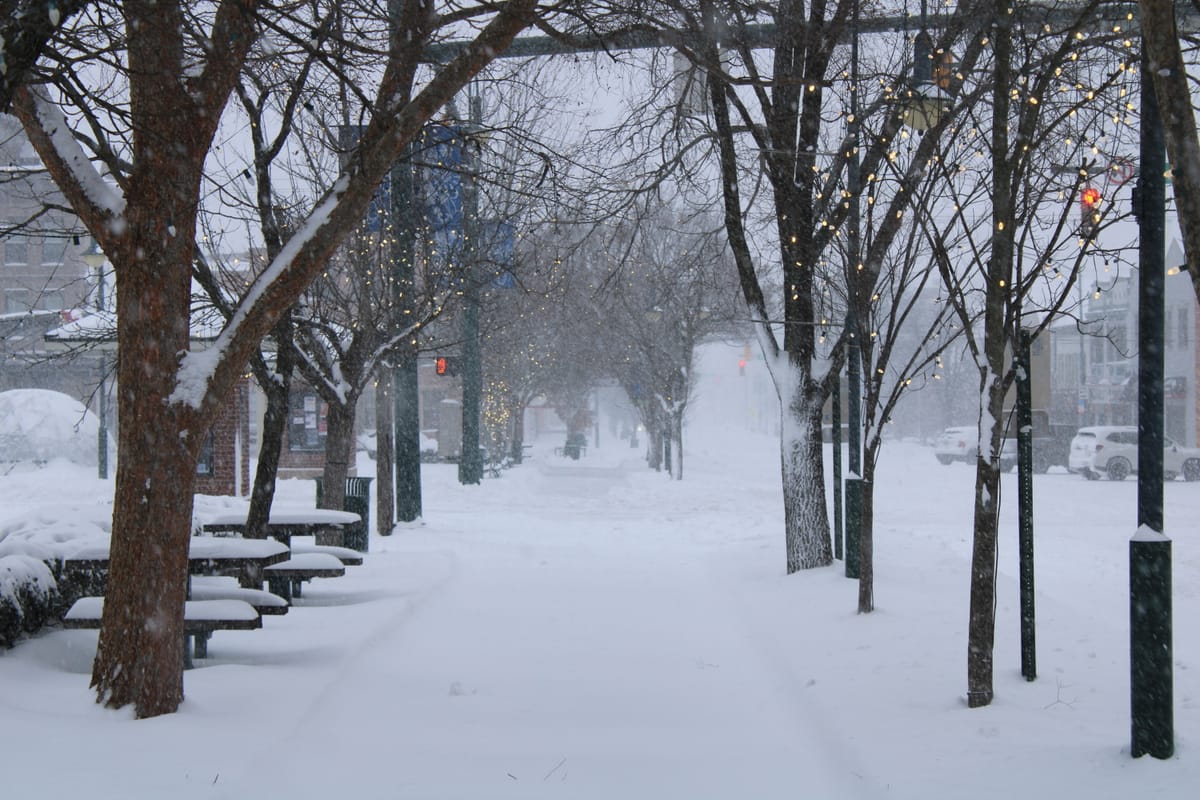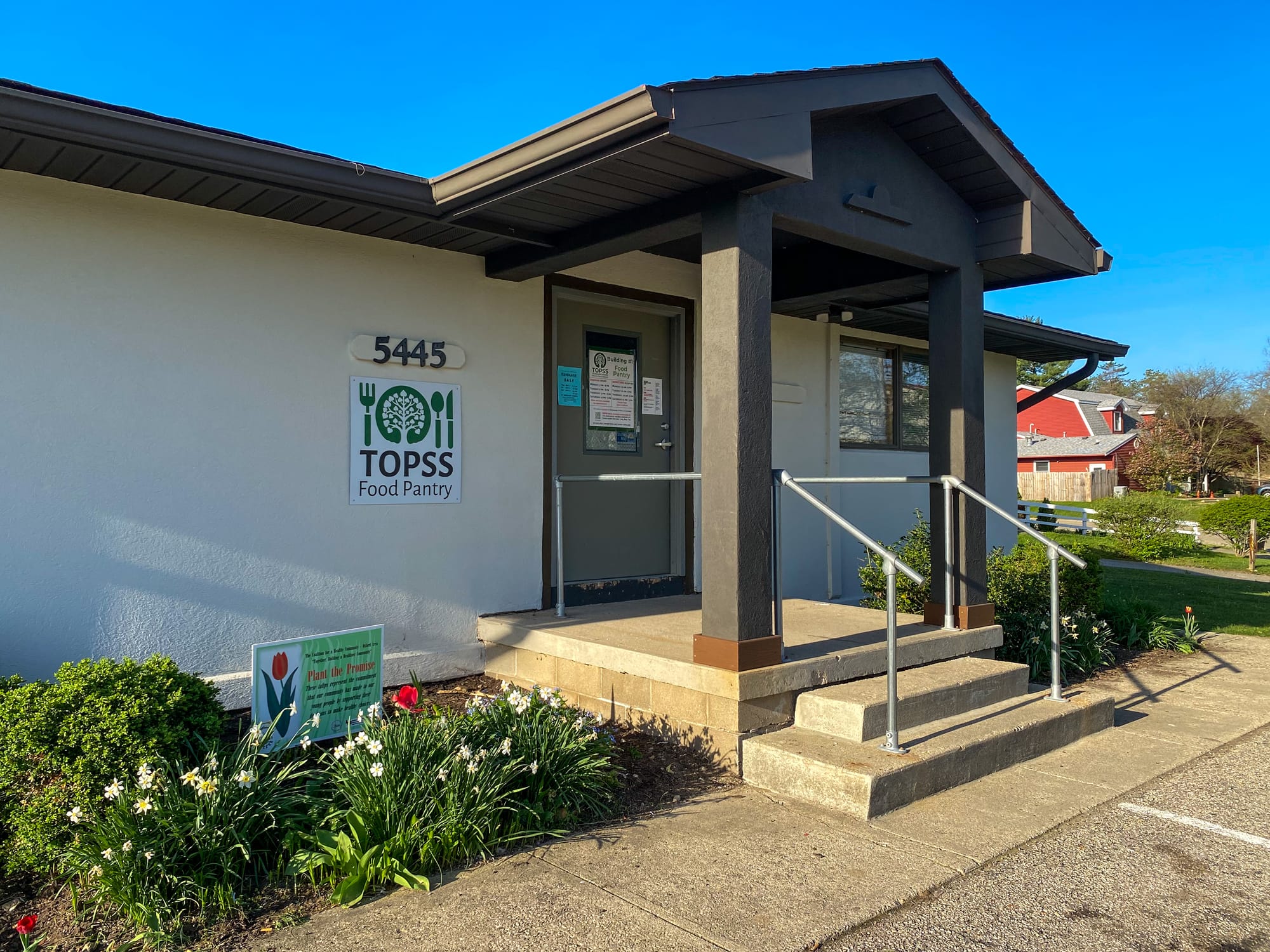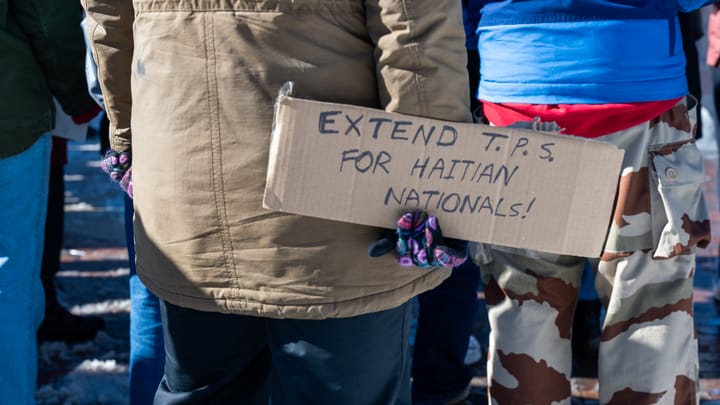TOPSS will not operate cold shelter for upcoming winter; OASH in talks to take over
Executive Director Sherry Martin said a number of factors went into making this decision, including finances, staffing and an ineffective model.

The Talawanda Oxford Pantry and Social Services (TOPSS) will not be operating a cold shelter for the upcoming winter after running it for the last two winters. TOPSS cited several reasons for this decision, such as finances, staffing and an ineffective model.
After a meeting between the boards of TOPSS and Oxford Area Solutions for Housing (OASH), TOPSS concluded it couldn’t sustain the cold shelter for the time being, which runs from November to February. TOPSS had previously partnered with local hotels and rented out a block of rooms for people who don’t have somewhere to stay during the cold months.
Ann Fuehrer, the former executive director of TOPPS, said that the organization served nearly 50 people with the cold shelter last winter. It has been able to accomplish this with financial support from the City of Oxford, the McCullough-Hyde Foundation and individual donors in the community.
However, current TOPSS executive director Sherry Martin said this model has proven to be challenging.
Most communities collaborate with local churches and use them as cold shelters, such as Millville Avenue Church of God in Hamilton, which functioned as one this past winter. A major issue that came from the hotel model was disagreements between hotel staff and clients, as well as damage to rooms. Martin said one room had been “completely destroyed,” which TOPSS is liable for.
“The hotels that we work with have been so great and so gracious with our clients, but they're really put to the test,” Martin said.

Clients who utilize the hotel rooms are subject to both TOPSS and hotel-specific rules, and it's easier to monitor and enforce guidelines when everyone stays in one large room or hall, making the church location more preferable. Additionally, it costs more money to house people in hotels than in an actual shelter.
This past winter, TOPSS had already used most of its funding by the time February arrived and was unsure if it could stay open until the end of the month. Combine the issues of finances and the hotel model with a lack of staffing, and TOPSS decided not run the cold shelter this winter.
But this hasn’t stopped others in the community from searching for alternatives.
OASH and local churches have been in communication to discuss what support they can provide for Oxford. Jenny Bailer, co-president of OASH, said a loosely organized group has started meeting to see what can be done this winter.
“OASH and the faith communities say we cannot live in a community where people are going to be freezing in their tents in the winter,” Fuehrer said.
John Richter is chair of this group, which recently met on July 12 to discuss options. Richter was not available for comment.
According to recent data from the Coalition on Homelessness and Housing in Ohio, there are nearly 500 unsheltered individuals in Butler County. The same data from last year’s house showed that Butler County had the highest homeless population of the surveyed counties, according to an article from the Free Press.
Last year, OASH conducted an unofficial count of Oxford’s homeless population, according to a Free Press article. It found that nearly 100 people were homeless under the McKinney-Vento definition of homelessness, which includes those who live in substandard housing” or “are sharing the housing of other persons due to loss of housing, economic hardship, or a similar reason.”
Martin said she hopes that TOPSS can eventually help with the cold shelter again, but acknowledges the changes that need to be made in Oxford, such as an established location. As of now, Oxford does not have a year-round emergency shelter.
“I think that we have the heart to do it, and I would be open to doing it again, but we would need … a real facility that people can sleep in,” Martin said.
In the meantime, churches and community groups continue to meet to discuss alternative ways to host the shelter this winter.




